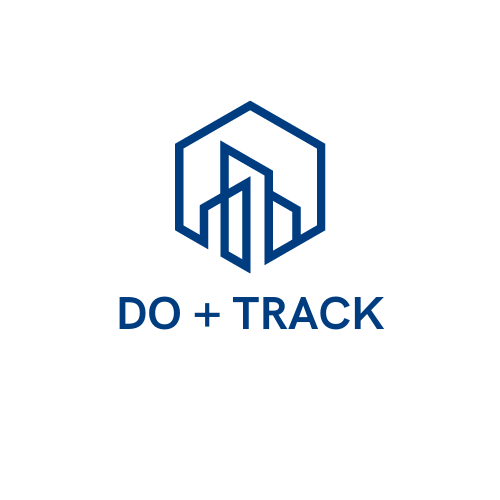The Ultimate Beginner's Guide to Construction Project Management
Embarking on a construction project can be an exciting but daunting task, especially if you're new to construction project management. Successfully managing a construction project requires careful planning, effective communication, and strong organizational skills. In this beginner's guide to construction project management, we'll cover some key steps and tips to help you navigate the complexities of overseeing a construction project.
Define Project Goals and Scope
Start by clearly defining the goals and scope of your construction project. What is the purpose of the project? What are the desired outcomes? Understanding these aspects will guide your decision-making throughout the project.
Develop a Project Plan
Create a comprehensive project plan that outlines the tasks, timelines, and resources required to complete the project. Break the project down into smaller phases and identify critical milestones. Consider factors like budget, permits, materials, and labor requirements when developing the plan.
Assemble a Competent Team
Build a team of skilled professionals who will contribute to the success of your project. This may include architects, engineers, contractors, and subcontractors. Effective communication and collaboration within the team are essential for smooth project execution.
Establish a Communication Plan
Develop a communication plan that outlines how information will flow among team members, stakeholders, and subcontractors. Determine the frequency and methods of communication, and ensure that everyone is informed about project updates, changes, and important decisions.
Monitor and Control Costs
Cost management is critical in construction project management. Regularly monitor and control costs to ensure they align with the project budget. Keep track of expenses, review invoices, and implement cost-saving measures where possible.
Prioritize Risk Management
Identify potential risks and develop strategies to mitigate them. Conduct regular risk assessments and implement safety protocols to minimize accidents and ensure the well-being of the project team and site workers. Have contingency plans in place for unforeseen circumstances.
Monitor Progress and Adjust as Needed
Regularly monitor the progress of your construction project against the established milestones and timelines. Use project management tools and techniques to track tasks, identify bottlenecks, and make necessary adjustments. This will help you stay on track and address any issues promptly.
Maintain Documentation
Maintain thorough documentation throughout the project. This includes contracts, permits, change orders, meeting minutes, and any other relevant records. Proper documentation is crucial for legal and financial purposes, and it provides a historical record of the project.
Foster Effective Stakeholder Engagement
Engage with stakeholders throughout the project to keep them informed and address any concerns. This includes the project owner, investors, regulatory authorities, and nearby communities. Regularly communicate project updates and ensure their input is considered when making decisions.
Continuously Learn and Improve
Construction project management is a continuous learning process. Reflect on your experiences, learn from any challenges or mistakes, and apply those lessons to future projects. Seek professional development opportunities to enhance your skills and stay updated with industry best practices.
Conclusion
While construction project management can be complex, with careful planning, effective communication, and attention to detail, you can successfully manage your construction projects. Define project goals, develop a solid plan, assemble a competent team, establish strong communication channels, monitor costs and progress, prioritize risk management, maintain documentation, engage stakeholders, and continuously learn and improve. With these foundational steps, you'll be well on your way to becoming a capable construction project manager.



Contact Us
We will get back to you as soon as possible.
Please try again later.

All Rights Reserved | Do and Track